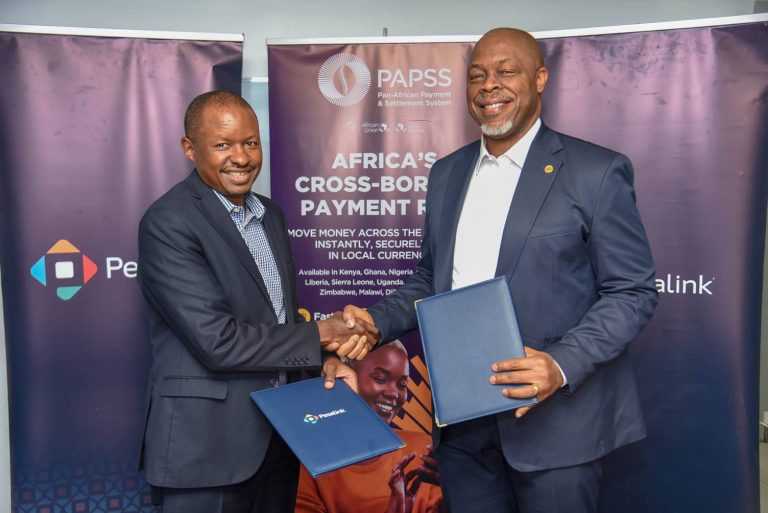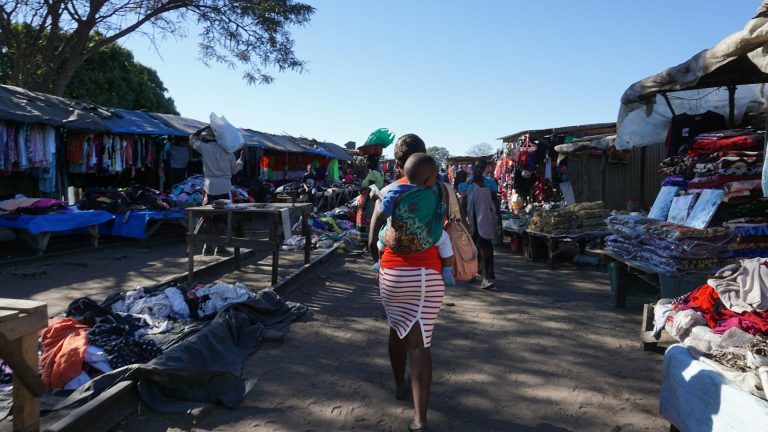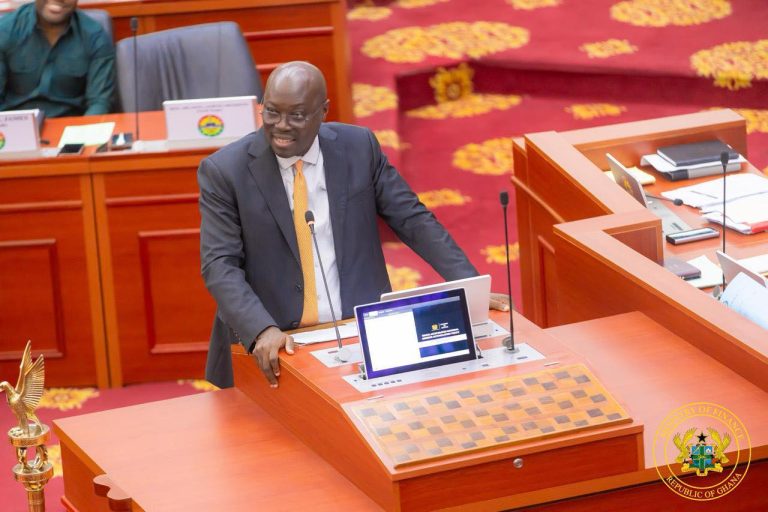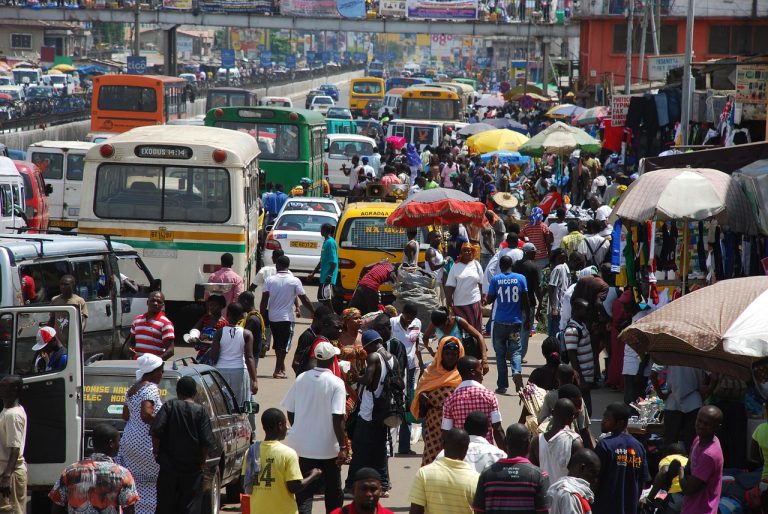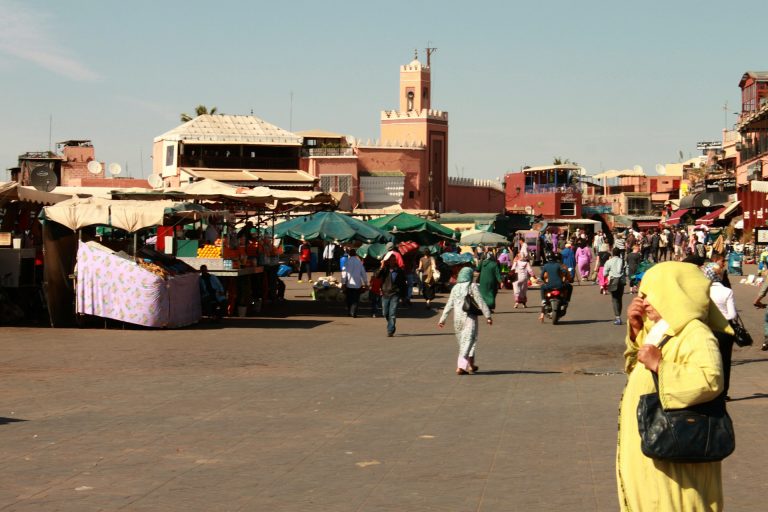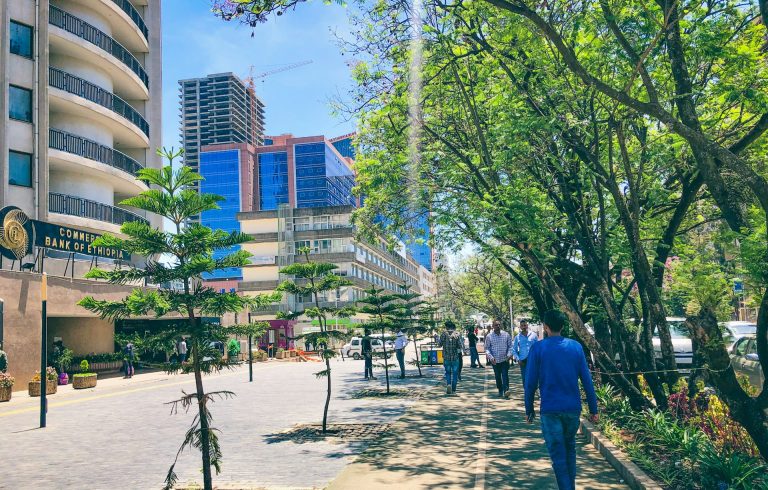- Singapore picks Addis Ababa as East Africa diplomatic hub
- New embassy strengthens Asia–Africa trade, climate cooperation
ADDIS ABABA, ETHIOPIA – Singapore will open its first embassy in East Africa by 2027, selecting Addis Ababa to anchor its growing political and economic engagement with Ethiopia and the wider continent.
- Singapore picks Addis Ababa as East Africa diplomatic hub
- New embassy strengthens Asia–Africa trade, climate cooperation
ADDIS ABABA, ETHIOPIA - Singapore will open its first embassy in East Africa by 2027, selecting Addis Ababa to anchor its growing political and economic engagement with Ethiopia and the wider continent . . .
This article is free to read.
Sign up for free or sign in to continue reading.
Unlike our competitors, we don't force you to pay to read the news but we do need your email address to make your experience better.
Create your free account or sign in


